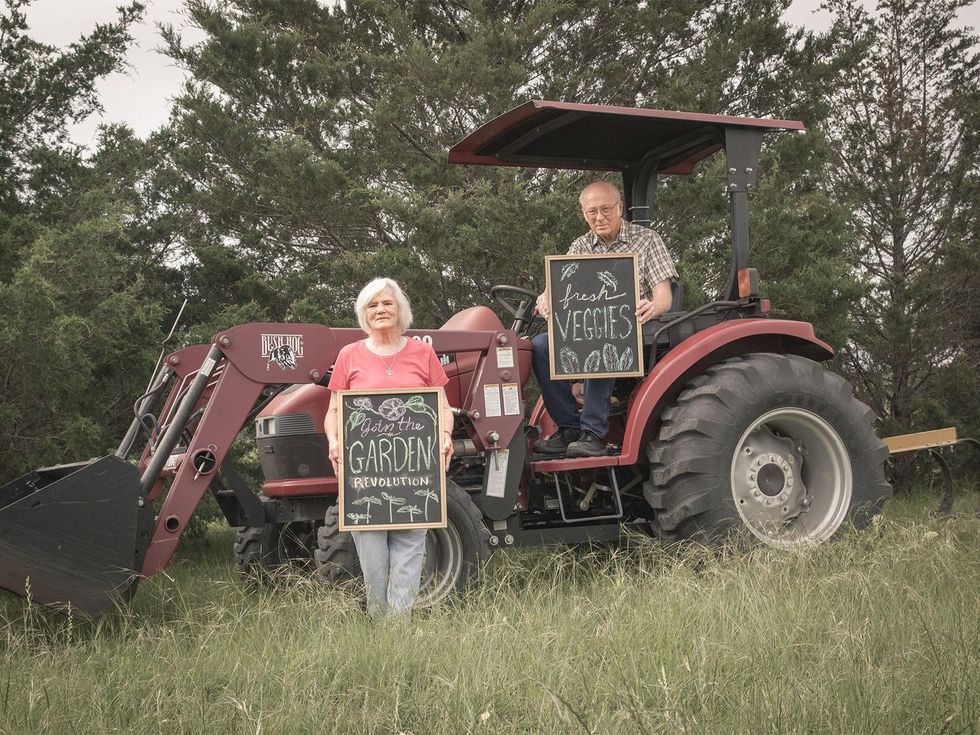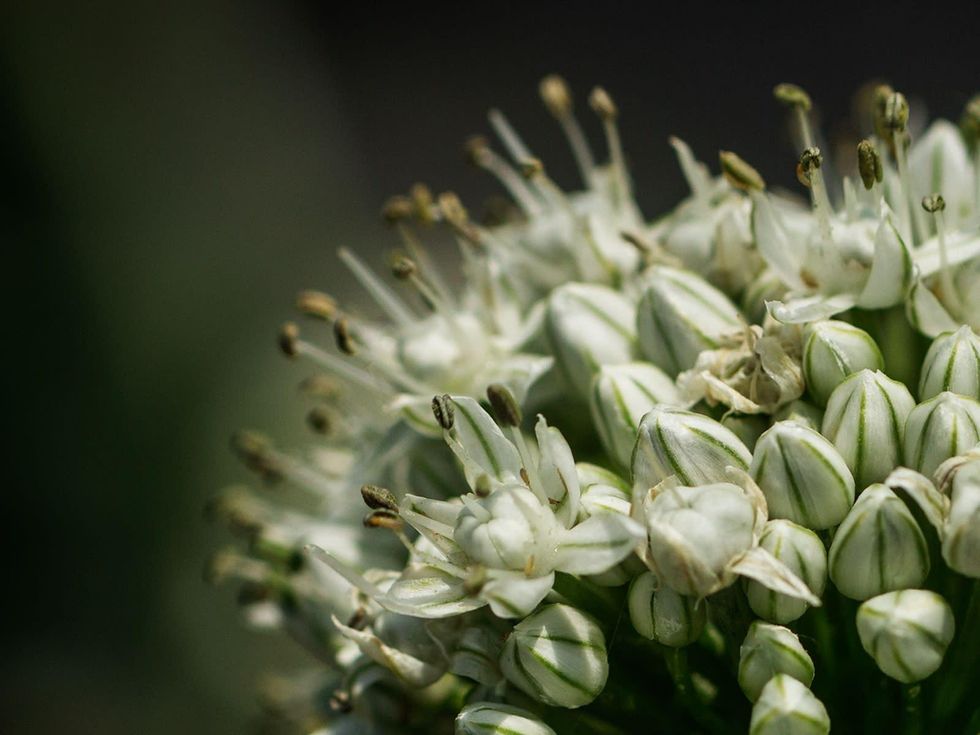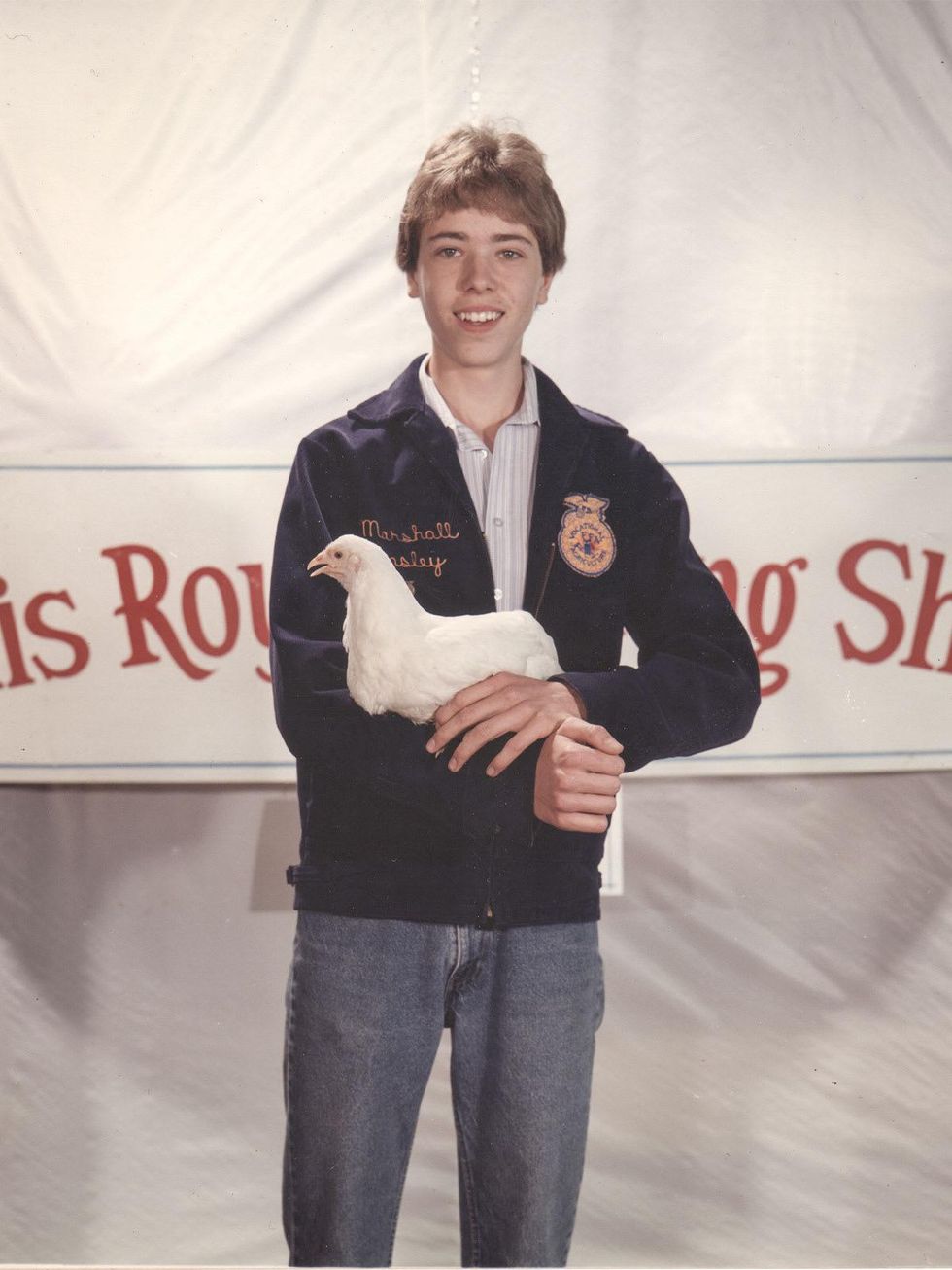The Farmer Diaries
North Texas farmer traces roots to 1970s back-to-nature movement
If I have decided to opt out of industrialized agriculture and declare independence from the unsustainable practices of our broken food supply chain, it's because my father has been doing so since the 1970s, when he and my mother bought the first 20 acres of the land we're now transforming into a farm.
I was about to start kindergarten at Marvin Elementary when we moved from South Dallas to the countryside near Waxahachie. The back-to-nature movement was blowing in the wind; TV shows such as Grizzly Adams and Little House on the Prairie along with the popularity of John Denver's songs reflected a cultural disdain for modern hardships.
A gas-rationing scheme that allowed cars with odd license plates to fill up on odd days and even license plates to fill up on even days fortified my father's self-sufficiency ambitions. OPEC could bring the country to its knees only because we were too dependent on oil and industry to meet our needs as a society. With 20 acres, and maybe one day a windmill and a water well, my father set out to live off the land even if the rest of the country ground to a halt from inflation and oil shortages.
For most of my childhood, at least one serving of every meal my mother prepared came from our family garden: pinto beans, cornbread, fried squash and okra.
Little house on the prairie
We moved into a house built on a cotton field and, despite working seven days a week in two jobs, my father always found a way to keep a huge garden in continuous production. I can't remember a summer when we didn't have a surplus of tomatoes, squash and okra; my mother perfected the art of freezing and storing the bounty to eat later.
For most of my childhood, at least one serving of every meal she prepared came from our family garden: pinto beans and cornbread, fried squash and okra, even corn-on-the-cob from time to time. And then there were the summers of countless cantaloupes.
In those days, the dangers of pesticides were not on many people's minds. I remember that my father used harsh-smelling chemicals on vegetables in the garden and trees in the yard. They seemed to work wonders, but even barely into junior high, I somehow suspected that something about them was foul.
One day, as my father sprayed box elder trees for borers, I asked him how they could kill bugs, yet not hurt the birds I was fond of? I never saw my father use pesticides much after that time, and soon afterward our gardening practices became organic.
By the time I was in eighth grade, we had undertaken chicken husbandry. As no one in my family was a killer, the chickens were for eggs only. Later, we saved two calves that were discarded from a local dairy — pets, not beef.
By then, I was a taking a class in vocational agriculture at Waxahachie High, showing chickens in the annual stock show. Other exhibitors held their poultry by the feet and dangled them upside down to show off their meat. When I entered the judging ring with my chicken, the docile bird perched safely on my arm, the crowd laughed.
Butchering was not in my blood, and in five years I became vegetarian — no doubt the first Waxahachie member of the Future Farmers of America to do so. My father was not a hunter; my mother treated dogs, cats, chickens and cows like children. Our farm would never be one that produces meat.
My parents live in a house about 20 miles away and drive to the acreage each day, but I’ve stayed in the home that I grew up in, a sort of headquarters now for our family collaboration.
What are you waiting for?
Now 40 years after the family's move to the country, this whole farming thing is beginning to take shape, held back for years by everyone's day jobs until retirement released my parents from their obligations.
No longer merely a garden that's larger than average, we've put several acres under the plow and will soon add more. My parents live in a house about 20 miles away and drive to the acreage each day, but I’ve stayed in the home that I grew up in, a sort of headquarters now for our family collaboration.
My mother serves as the visionary and motivator of the operation, asking "What are you waiting for?" whenever my father and I think of a new plan. My father is the tireless worker who tills, plants, weeds and harvests in the field, while I tend a raised-bed garden designed for a more urban demand for gardening without the backbreaking work.
My wife is the art director who keeps me from creating a perfunctory eyesore; she also has a green thumb for growing a variety of flowers, some to be cut and sold at the market, if our plans for this year work out.
Our production each year is modest compared to the 1,100 bundles of Swiss chard recently harvested and sold at a nearby farm in one week. But we're scaling up, encouraged by the first signs of the farm-to-table movement finally trickling into the DFW area and the fact that all the kale, collard greens and Swiss chard I had to offer sold out a few weeks ago at the Downtown Waxahachie Farmers Market. People have begun to ask for these — even driving out of their way to buy them from us.
This growing demand has inspired my father and me, as we move from merely wondering if we can expand our operation toward planning how to do it: with greenhouses, with more acres tilled and seeded, with hydroponics, with finding a market in a convenient location.
It seems that the time is right to bet the farm on farming, to add our effort to the work of other North Texas growers in building an alternative, sustainable resource for locally grown fruits and vegetables. We can meet our own needs for fresh food and maybe even make a living at it. As my mother might say, what are you waiting for?



